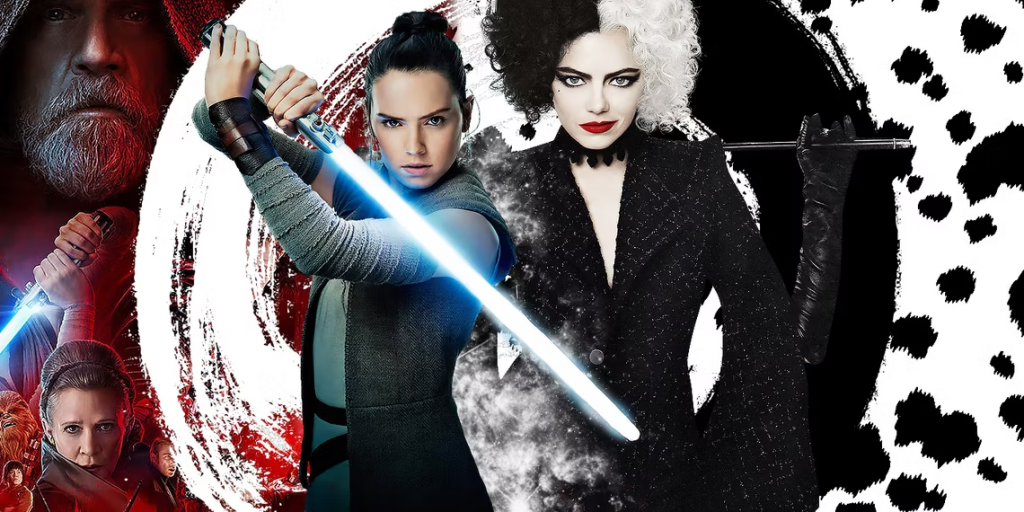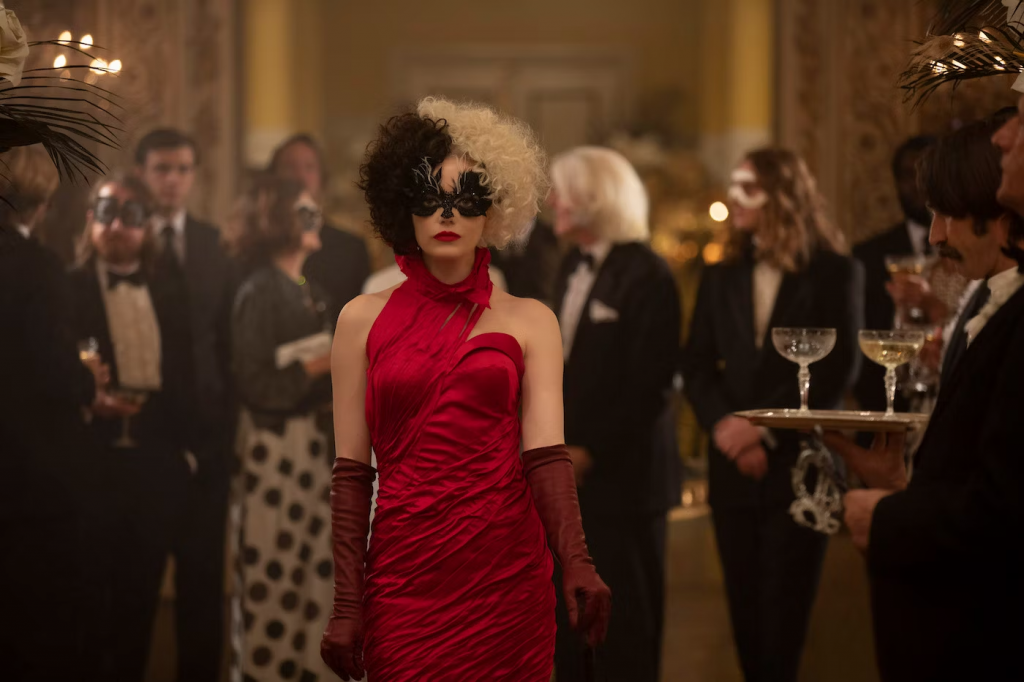
“Dear filmmakers, I implore you to put an end to this recurring narrative trope that has been making its way into storytelling. For so long, the hero’s journey has been the backbone of countless narratives, providing a familiar and comforting structure that audiences have come to rely on. However, in 2017, Rian Johnson took a bold step with Star Wars: The Last Jedi, subverting this very structure and sending shockwaves through the fandom. At the heart of Star Wars lies one of the most iconic revelations in cinematic history—the truth about Luke Skywalker’s parentage. He was not just a simple farm boy; he was the son of Darth Vader, a revelation that elevated his significance and powers by lineage. This concept of heroes being connected to greatness, often by blood ties to gods or legendary figures, is as old as storytelling itself, reaching back to ancient myths and epics.
But The Last Jedi dared to challenge this established convention by proclaiming that a hero’s potential need not be determined by their ancestry. It was a move that divided opinions; some embraced the departure from tradition, while others vehemently rejected it. This divergence in reception set a precedent that filmmakers have grappled with ever since.
The subsequent entry in the Star Wars saga, The Rise of Skywalker, sought to recalibrate the trajectory by introducing the notion that Rey’s identity was tied to Emperor Palpatine. While attempting to salvage the significance of lineage, it also showcased the challenges of this approach. The narrative gymnastics required to justify this revelation often strained the fabric of the overarching story, leaving audiences in a state of narrative dissonance.

This obsession with intertwining a protagonist’s fate with their ancestry has now seeped into other narratives. We can see it in films like Mortal Kombat, where the introduction of Cole Young as a descendant of Scorpion conveniently explains his prowess in battle within the Mortal Kombat tournament. Disney’s Cruella follows a similar pattern, where the titular character’s motivations and identity are reshaped by a reveal concerning her mother’s true identity as the Baroness. This twist aims to deepen the conflict and complexities, but it ultimately falls short, diminishing the expansive world-building and character-driven development that could have taken place.
The central issue lies in the belief that heritage is the most profound revelation a story can offer. By tying a character’s personality, motives, and destiny to a genetic connection they have never encountered, storytellers unwittingly downplay the significance of personal experiences, growth, and individual agency. The argument of nature versus nurture aside, from a storytelling perspective, relying on the revelation of familial ties to shape a character undermines the richness and complexity that can arise from personal choices and unique journeys.
One hopes that this trend will eventually lose its appeal, much like other storytelling fads of the past. Remember the time when a character’s bloodline held the key to the central MacGuffin in the early 2010s? Trends come and go, and the subtext of this one, the notion that heritage is the ultimate reveal, casts a deflating shadow over the classic hero’s journey. It reduces the agency of characters, making pivotal discoveries seem arbitrary and disconnected from their personal struggles.
In the case of Cruella, while the revelation about her lineage may initially appear significant, it fails to substantively alter her character or narrative arc. The newfound knowledge doesn’t prompt her to seek reconciliation or establish a new relationship; instead, her actions remain in alignment with her existing motivations. She had always known that the Baroness posed a threat, and her plans were constructed around this understanding, rendering the lineage reveal as a mere illusion of depth rather than a catalyst for genuine character development or conflict escalation.
So, filmmakers, let us hope that storytelling can evolve beyond the limitations of this trope. Let us celebrate the uniqueness of each character’s journey, unburdened by predetermined destinies. Let personal growth, resilience, and choices shape the heroes we root for, and let their struggles and triumphs define their legacy. For in the end, it is the authenticity of the journey that resonates most profoundly with audiences, and that authenticity emerges from the characters’ own choices and experiences, not from their distant familial connections.”
We bring out some of the most well-known Disney collection, all of which are available at reasonable costs. Visit our link now if you are interested in the Disney collection


Megara, Hades,Philoctetes, Tarzan, Jane Porter
